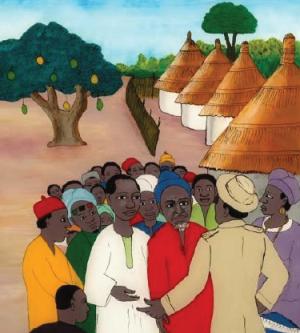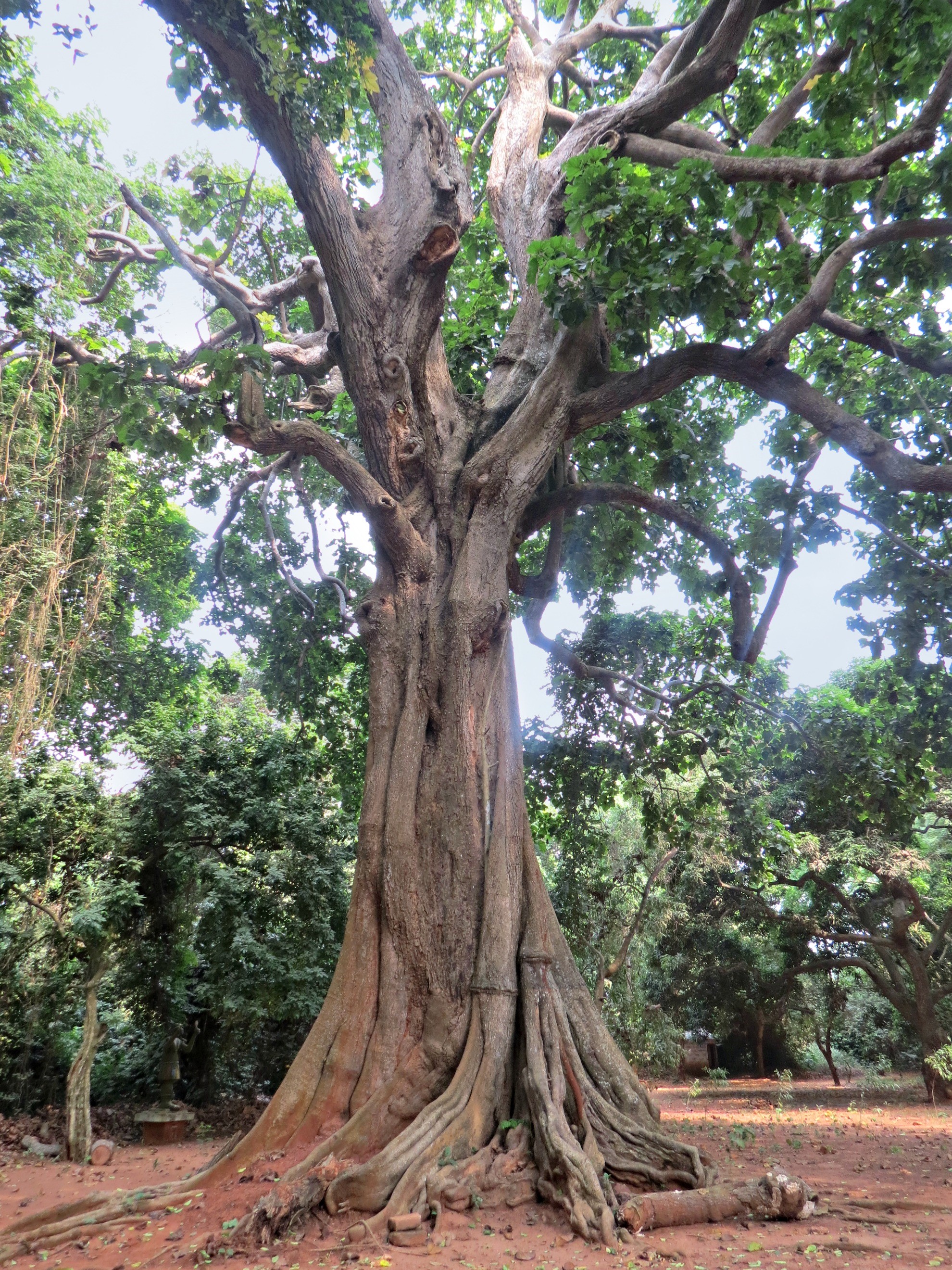Activity page

Share
Attachments
building_local_democracy_0.pdf
Keywords
Authors/Partners
Jesse C. Ribot, World Resources Institute
Building Local Democracy Through Natural Resources Interventions
Building Local Democracy Through Natural Resource Interventions -- An Environmentalist's Responsibility
APPROACH
Through 17 institutional choice case studies funded by PROFOR, the World Resources Institute (WRI) explored the democratizing effects of ‘decentralization’ reforms and projects in forestry in Benin, Botswana, Brazil, China, India, Nicaragua, Malawi, Mali, Mozambique, Russia, Senegal, South Africa, and Zambia.
MAIN FINDINGS
The findings concluded that institutional choice shapes local democracy—hence, it could be a local democracy tool. Choices of local partners would influence the formation and consolidation of local democracy by affecting representation, citizenship, and the public domain. Natural resource, including forestry, and management interventions could be structured to build the many facets of local democracy. To support local democracy while conducting local-level environmental interventions, the research recommends the following actions:
- Choose democracy: Choose to place public decisions with decision makers who are accountable and responsive to the local citizens. Where democratic local government does not exist, work to establish and enable local democracy.
- Build the public domain: Work to create a set of public powers directly or indirectly under the jurisdiction of elected local authorities. These powers make elected authorities worth engaging by enabling them to be responsive to local needs and aspirations. They constitute what we call ‘the public domain’, e.g. the space of public interaction that constitutes the space of democracy.
- Build citizenship: Support the right and provide the means for local people to influence the authorities that govern them—channels of communication and recourse. Inform citizens of the powers and obligations their representatives have and of the means available to citizens for holding their leaders accountable.
- Promote equity: Systematically partner with local organizations representing all classes—with an emphasis on organizations of the poor. Level the playing field through policies that affirmatively favor the poor, women and marginalized groups.
- Enable local representatives to exercise their rights as public decision makers: Create safe means for representative local authorities to sanction and demand resources from and take recourse against line ministries and other intervening agencies so they are able to exercise their role as local representatives.
- Help local governments to engage in collective bargaining for laws that favor the populations they govern: Enable local governments to bargain collectively with central government to ensure they are granted the rights they need to manage their forest and to insure that the rights they have been granted in law are transferred to them in practice. Facilitate representation of rural needs and aspirations in national legislatures.
- Harness elite capture: Elite capture is pervasive if not inevitable. Enable the people to capture the elite who capture power. Assure that elites who rule are systematically held accountable to the majority and to the poor, and marginal populations through all of the above means. This is democracy.
Working Papers from Institutional Choice and Recognition project (closed in 2008):
|
For stories and updates on related activities, follow us on twitter and facebook , or subscribe to our mailing list for regular updates.
Author : Jesse C. Ribot, World Resources Institute
Last Updated : 06-15-2024

Assessing Benin’s productive forest sector
CHALLENGE
Despite efforts to establish protected areas and improve the planning and management of these areas, Benin’s forests are being degraded through slash-and-burn agriculture, demand for wood-based fuel, uncontrolled bush fires, and intensive animal grazing continues. Such activities undermine the essential ecological services that forests provide to populations. In a country where the forest sector contributes over six percent to GDP (2009 estimate) and employs more than 200,000 people in the wood-energy sector alone, the direct and indirect impacts of forest degradation are significant.
To address these trends, the Beninese Government has prioritized the conservation and sustainable management of its forest resources. The World Bank is providing support by financing a background study on the state of forestry and biodiversity in Benin. To complement this IDA study, PROFOR is supporting a supplemental analysis into to the potential for productive forests in Benin, which will also recommend targeted investments for developing the sector in a sustainable manner and contributing to job creation.
APPROACH
This activity will undertake an assessment of the productive forest sector in Benin, and opportunities for long-term investments in the areas of timber and fuel wood. The study will review the main stakeholders, including the timber industries; assess national timber production needs and capacity; and identify the relevant obstacles to developing the sector. Concrete recommendations will be made with a view toward reducing the country's dependence on imports to meet its domestic demand for timber and firewood.
RESULTS
This activity concluded in December 2018. The activities of this ASA integrated and reinforced several processes initiated by the Government of Benin: increasing knowledge of forest sector stakeholders, strengthening national information management systems, making a concrete contribution to the planning of the Government Action Program for 2016-2021, and defining interventions that could be carried out with the support of the World Bank.
The analysis recommended that the development strategy for timber should be based on the establishment of plantations, preferably in areas favourable to the growth of teak and Gmelina (southern and central areas) and in certain climatic enclaves. The management plans of these zones dedicate on average 40% of the forests surface to wood production, half of which can be devoted to timber plantations. The development of timber plantations will contribute to achieving the Government's goal of increasing the volume of timber annually to 250,000 m3 through large-scale plantations to generate forest-related jobs and increase public revenues.
The activity helped to influence the way in which Benin’s DGEFC plans to secure its Gazetted Forests, including ways in which to promote forest resources as a valuable source of income for adjacent communities and their members, especially women and youth, to ensure sustainable development and exploitation. Benin is in the process of using this study’s findings to help shape a project that will lend support to productive forests, specifically for fuelwood, to supply its energy needs.
For stories and updates on related activities, follow us on twitter and facebook , or subscribe to our mailing list for regular updates.
Last Updated : 06-15-2024








